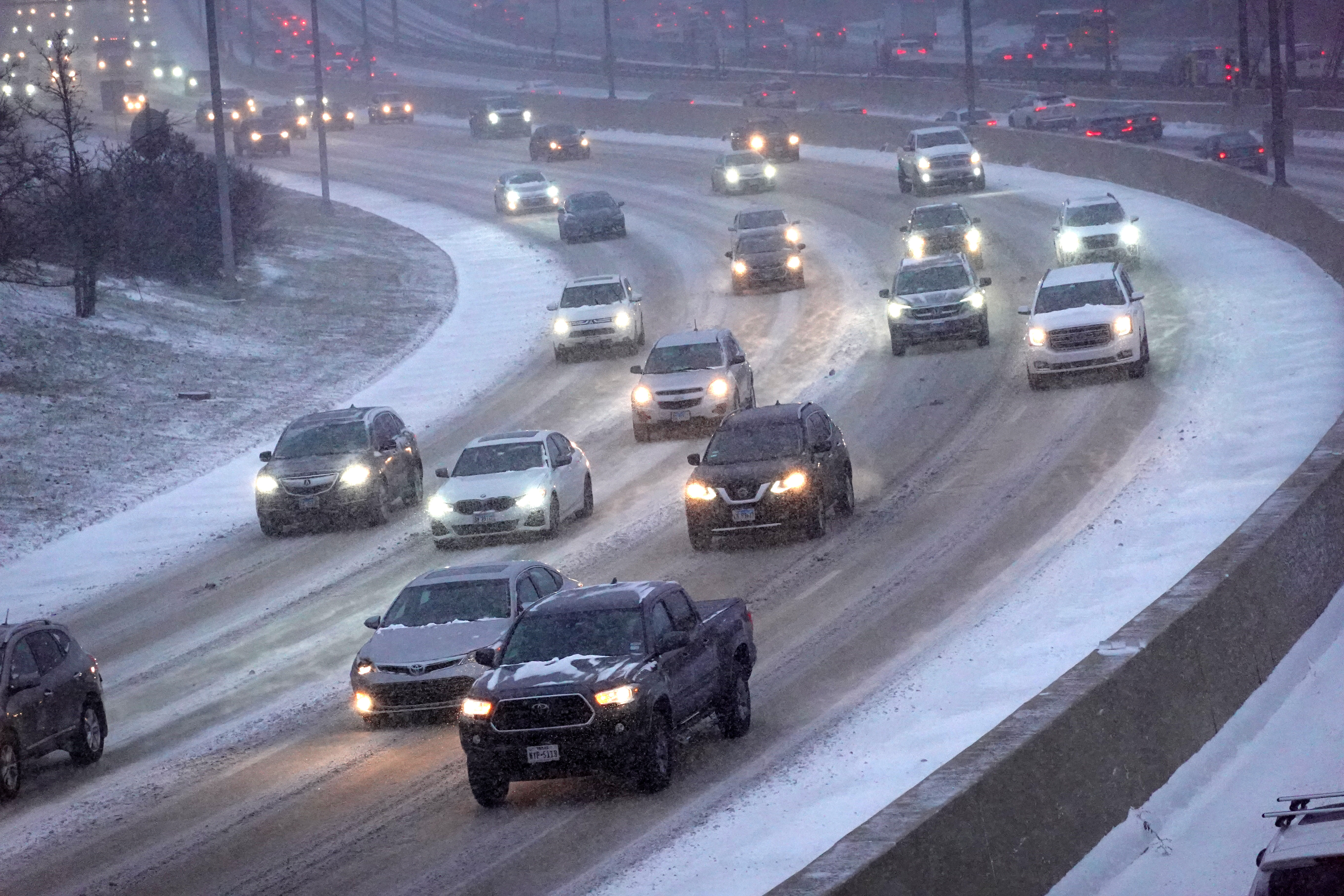Illinois Gov. J.B. Pritzker is expressing skepticism about the state’s role in the White Sox new stadium search
The White Sox recently crafted a complex, multi-faceted plan to build out the necessary funding for a new stadium to call their own at "The 78" in Chicago's South Loop neighborhood.
And while it's reasonably assumed their most significant obstacle in that process is convincing the state to use public dollars in support of the stadium, they might have a bigger fish to fry.
The Chicago Bears.
Fred Smith, an economist and David College professor, tells NBC Sports Chicago the White Sox's newfound interest in building a new stadium isn't "accidental."
“I think the other thing that complicates this is obviously lurking in the background is what’s going to happen with the Bears," Smith told NBC Sports Chicago over the phone. "I don’t think the timing of any of this is accidental. We’ve seen this play out in other cities in Cincinnati with the Reds and the Bengals. We saw this play out with the now Guardians, then Indians, and the Browns. You have a city that financially may not have the resources to do this for two teams so you want to be sure you’re first in line.”
Indeed, the White Sox' plan is centered around using tax dollars from hotel surcharges, sales taxes from surrounding developments and private investing to support the cost of their stadium and alleviate prior bonds from the Illinois Sports Facilities Authority (ISFA). They've quickly brought this proposal to the state government.
The Bears would want public support for a stadium, too. Remember, they told Arlington Heights they would need public funding for infrastructure. But there can only be one, especially in a state as frugal as Illinois. That's why being first in line is important, Smith said.
News
Since the Bears' initial plan for a stadium began, their interests have shifted to the lakefront campus near Soldier Field for a new stadium location. Their need for public funding in that instance wouldn't go away. Hence, their interest in a plan like the White Sox's should increase.
Would the Bears be motivated to accelerate their stadium plans to beat the White Sox?
Feeling out of the loop? We'll catch you up on the Chicago news you need to know. Sign up for the weekly Chicago Catch-Up newsletter.
“It certainly wouldn’t surprise me," Smith said. "From the Bears' perspective, they would like to have as many options as possible. They’re not going to say this publicly but I’m sure that they would like for a municipality competition to take place. One way to get a better deal from Naperville or Arlington Heights is if the city of Chicago is proposing something that’s attractive.”
As Crain's Chicago Business reported, the White Sox and Bears are unlikely to create a joint public funding plan, forcing the two teams to compete for the city's support.
Who would win in that battle? To answer that question, the city must ask --- which stadium plan would help generate the most revenue for the city and the state?
For the White Sox, their plan is plain and simple. They plan to generate dollars from surrounding amenities and, hopefully, garner increased interest in a new stadium. But that, like most stadium financing plans that involve public funding, might not work.
“If you look at the proposal from the White Sox, it looks like a gorgeous ballpark and there’s retail and commercial development around it, maybe some hotels," Smith said. "That’s definitely going to increase the economic vibrancy around that neighborhood.
"But at the end of the day, all that’s doing is changing where people are spending their dollars. If people are spending their dollars in that neighborhood, then maybe they’re not spending their dollars in Logan Square. Or maybe they’re not spending their dollars in Wrigleyville."
The name of the game is outside dollars. Generating traffic and dollars from outside the city of Chicago --- and the state of Illinois --- is paramount.
“The one place where you can generate new dollars for a city is when you get people coming in the city from outside," Smith said.
In that case, the Bears have an outstanding advantage. Why? Because they've already announced a plan to fund a stadium with a roof. One can also guess they plan to build a larger capacity than Soldier Field's paltry 61,500-seat capacity in their new stadium.
That means they'll be able to host outside events i.e. Super Bowls, NCAA tournaments, WWE events, concerts, etc. That's new, outside dollars for the city, which is better than the White Sox' plan to generate revenue with little chance of it growing from an exterior source.
However, the White Sox have an advantage over the Bears.
“What works in the White Sox' favor is you do get some fans coming in from the metro to baseball games," Smith said. "The fact that you have 81 home games. The frequency of the home games does help there.
"But you’re obviously not hosting a Final Four in a ballpark.”
The White Sox have a viable plan at the forefront. They've creatively built off an existing financial plan from the ISFA's bonds with Guaranteed Rate Field and given the city an attractive piece in being off the hook for revenue shortfalls in that existing plan.
But, the state must decide. Would the state favor the White Sox and their economic plan, risking the loss of intense amounts of tax dollars? Or, would they favor the Bears and their stadium plan, risking the loss of the White Sox and their moving away from Chicago?
Smith says the White Sox have a viable plan in place, but the Bears play a complicated role.
“I definitely think it could happen," Smith said about the state backing the White Sox. "I think a lot of it is going to depend on what role the Bears are playing in this. That issue is lurking and in the fall I thought the Bears going out to Arlington Heights was more of a done deal than it obviously is. I would have to think that that’s going to be the real complicating factor.”



